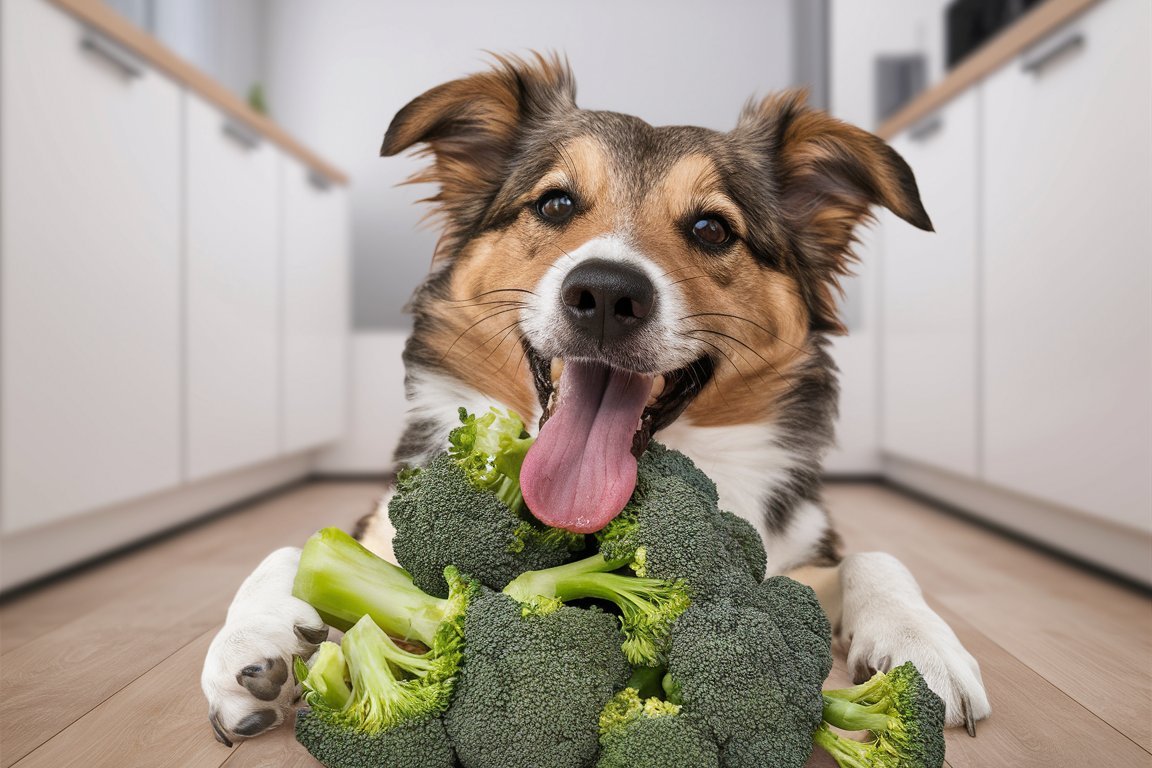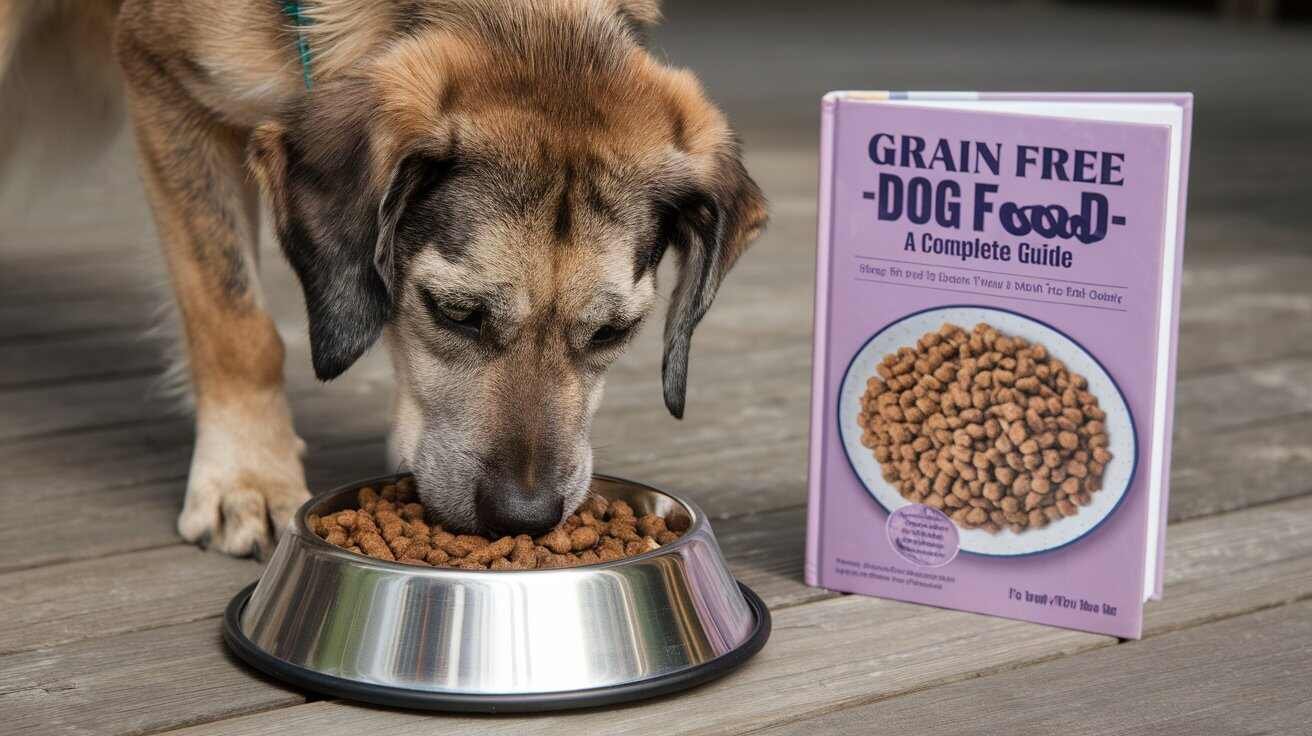Can Dogs Eat Broccoli? A Complete Guide for Dog Owners
As a dog owner, you may find yourself wondering if certain vegetables are safe for your furry friend. Broccoli, with its green florets and crunchy stalks, is a popular choice for many health-conscious humans. But can dogs eat broccoli too? The answer is yes—broccoli can be a healthy addition to your dog’s diet when served in moderation. In this article, we’ll dive into the benefits of feeding broccoli to your dog, how to prepare it safely, and any potential risks you should be aware of.
Why Broccoli Can Be Good for Dogs
Broccoli isn’t just good for humans; it can also offer several health benefits for dogs. Here’s why broccoli might be a great treat for your pup:
High in Nutrients
Broccoli is packed with essential nutrients, making it a superfood for both humans and dogs. It contains Vitamin C, which supports the immune system, and Vitamin K, which plays a crucial role in bone health. Additionally, broccoli provides important minerals like calcium, potassium, and magnesium that contribute to your dog’s overall well-being.
Rich in Fiber
Fiber is important for maintaining a healthy digestive system, and broccoli is a great source of it. Dietary fiber can help regulate your dog’s bowel movements, prevent constipation, and promote gut health.
Low in Calories
For dogs that need to watch their weight, broccoli is an excellent low-calorie treat. It allows your dog to enjoy a satisfying snack without the risk of overeating. This makes broccoli an ideal treat for overweight dogs or those prone to obesity.
Packed with Antioxidants
Broccoli is rich in antioxidants, such as sulforaphane, which can help protect your dog’s cells from damage caused by free radicals. Antioxidants are important for reducing the risk of chronic diseases and supporting overall health.
How to Safely Feed Broccoli to Your Dog
While broccoli is safe for dogs, it’s important to serve it correctly to avoid any potential health risks. Follow this step-by-step guide to ensure your dog can enjoy broccoli safely:
Step 1: Choose Fresh Broccoli
When feeding broccoli to your dog, it’s best to use fresh broccoli rather than frozen or canned varieties. Fresh broccoli retains more of its nutritional value and is free from added salt or preservatives that could be harmful to your dog.
Step 2: Wash Thoroughly
Before preparing the broccoli, wash it thoroughly to remove any pesticides, dirt, or chemicals that may be on the surface. This step ensures that the broccoli is clean and safe for your dog to eat.
Step 3: Cut into Small Pieces
To prevent choking, always cut the broccoli into small, bite-sized pieces. This is especially important for small dogs or puppies, who might struggle with larger chunks. You can also chop up the broccoli stems, but make sure they are small enough for your dog to chew easily.
Step 4: Cook Lightly (Optional)
While dogs can eat raw broccoli, lightly steaming or boiling it can make it easier for them to digest. Cooking broccoli also softens the tough fibers, making it gentler on your dog’s stomach. Avoid adding any seasonings, oils, or butter when cooking, as these can be harmful to dogs.
Step 5: Serve in Moderation
Broccoli should be served in moderation, as too much can cause digestive issues. A small amount, such as a few florets, is usually enough. The rule of thumb is that broccoli should make up no more than 10% of your dog’s daily food intake.
Step 6: Monitor Your Dog for Any Reactions
As with any new food, it’s important to monitor your dog after introducing broccoli to their diet. Watch for any signs of an upset stomach, such as vomiting, diarrhea, or gas. If your dog shows any adverse reactions, stop feeding broccoli and consult your veterinarian.
Potential Risks of Feeding Broccoli to Dogs
While broccoli can be beneficial, there are some potential risks to keep in mind:
Gas and Digestive Issues
Broccoli contains isothiocyanates, compounds that can cause mild to severe gastric irritation in dogs if consumed in large quantities. This can lead to symptoms like bloating, gas, or even stomach cramps. To prevent this, always serve broccoli in moderation and monitor your dog’s reaction.
Choking Hazard
As with any food, broccoli can be a choking hazard, especially if it’s not cut into small pieces. Make sure to chop the broccoli into manageable sizes and supervise your dog while they eat.
Thyroid Issues
In rare cases, excessive consumption of broccoli can affect the thyroid gland due to the presence of goitrogens. These substances can interfere with thyroid function, particularly in dogs that are already prone to thyroid issues. However, this is generally not a concern when broccoli is fed in moderation.
Anecdote: How Broccoli Became My Dog Bella’s Favorite Snack
One evening, while preparing dinner, I noticed my dog Bella staring intently at the broccoli I was chopping. Out of curiosity, I offered her a small piece. To my surprise, she loved it! Now, whenever I’m cooking with broccoli, Bella knows she’s in for a treat. I feel good knowing that this healthy vegetable is not only safe for her but also packed with nutrients that contribute to her overall health.
Alternatives to Broccoli for Dogs
If your dog doesn’t like broccoli or if you’re looking to add more variety to their diet, here are some other healthy vegetable options:
- Carrots: Crunchy and low in calories, carrots are great for dental health.
- Green Beans: Low in calories and high in fiber, green beans are a great alternative to broccoli.
- Sweet Potatoes: Rich in fiber and vitamins, sweet potatoes are a delicious and nutritious option.
- Zucchini: Like broccoli, zucchini is low in calories and high in water content, making it a refreshing snack for dogs.
These vegetables are safe and nutritious, providing your dog with a variety of flavors and textures.
When to Avoid Feeding Broccoli to Your Dog
While broccoli is generally safe for dogs, there are a few situations where you might want to avoid feeding it:
- Dogs with Sensitive Stomachs: If your dog has a sensitive stomach, broccoli might cause digestive upset, especially if introduced suddenly.
- Thyroid Issues: If your dog has a pre-existing thyroid condition, consult your vet before adding broccoli to their diet.
In these cases, it’s best to speak with your veterinarian before offering broccoli or any new food to your dog.
Conclusion: Should You Give Your Dog Broccoli?
In conclusion, dogs can eat broccoli safely, and it can be a nutritious addition to their diet when served in moderation. Broccoli provides essential vitamins, minerals, and antioxidants that contribute to your dog’s overall health. Just remember to prepare it properly, serve it in small amounts, and keep an eye on your dog’s reaction.
By following these guidelines, you can confidently share broccoli with your dog, knowing it’s a healthy and delicious option.



